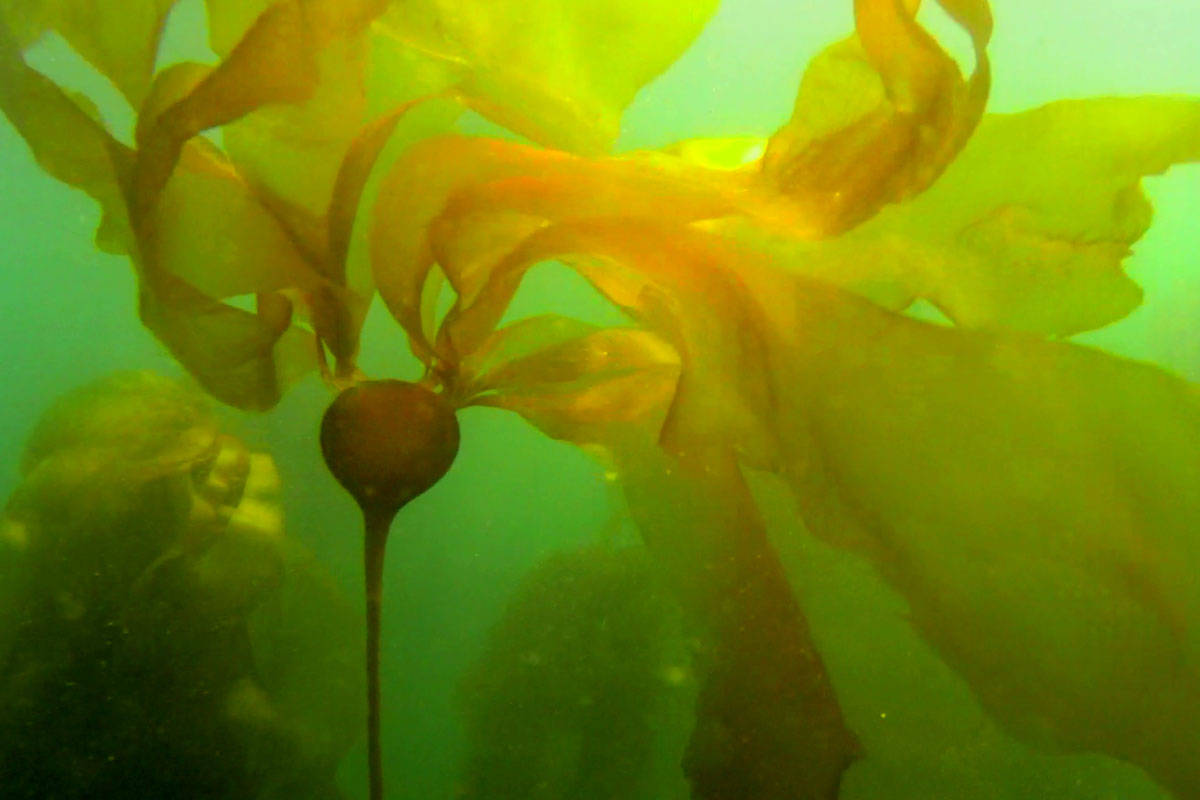Kelp in some areas of Puget Sound are struggling to survive amid the pressures of climate change, according to a new study from the Washington state Department of Natural Resources.
The study, which was done in conjunction with scientists from Marine Agronomics and the U.S. Geological Survey looked at kelp in South Puget Sound — long and narrow inlets at the bottom of the Sound. The study found that over the last 145 years, these shorelines have lost about two-thirds of their bull kelp forests.
These kelp forests serves as the foundation of ecosystems that support forage fish, salmon and southern resident killer whales. While there’s some 22 species of kelp, the study only looked at bull kelp which is the only species in the Salish Sea that forms a floating surface canopy.
Kelp is important not only to fish but the broader ecosystem. Kelp forests provide habitat for a wide range of species, and modify the environment by influencing light, water flow and sediment. They require cold and nutrient rich water and are impacted by climate change. One recent study, although incomplete due to insufficient data in many areas, found a nearly 40% reduction in kelp forests worldwide.
Kelp also absorbs CO2 from the water, and increases oxygen through photosynthesis. It further protects coasts from erosion by reducing the speed and size of waves. It can be used as biofuel, and if fed to cows, cuts methane emissions from their burps with are a significant contributor to climate change.
In the remote southern stretches of Puget Sound, the inlets are often protected from waves, and water moves more slowly. This makes these areas more likely to feel the impacts of climate change and human development.
While these areas have seen kelp loss, other places in Puget Sound have healthy kelp levels. These shorelines, like those along the Strait of Juan de Fuca, have rapid currents, water mixing and higher nutrient loads in the water. These help keep populations healthy.
The state peer reviewed study is the first of its kind on long-term kelp trends in Puget Sound, and could help scientists in the future find ways to help preserve native kelp populations.


